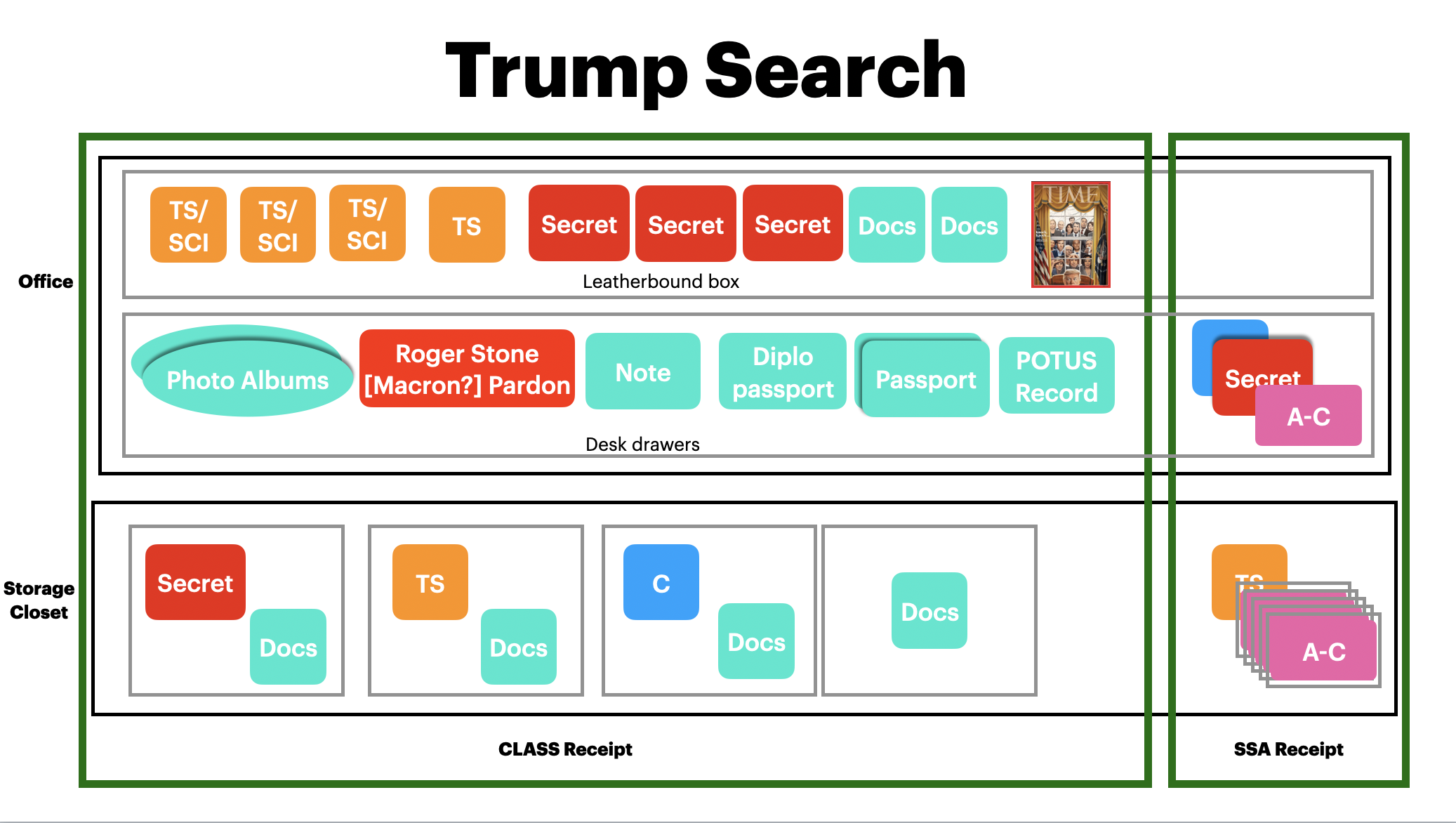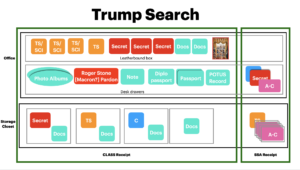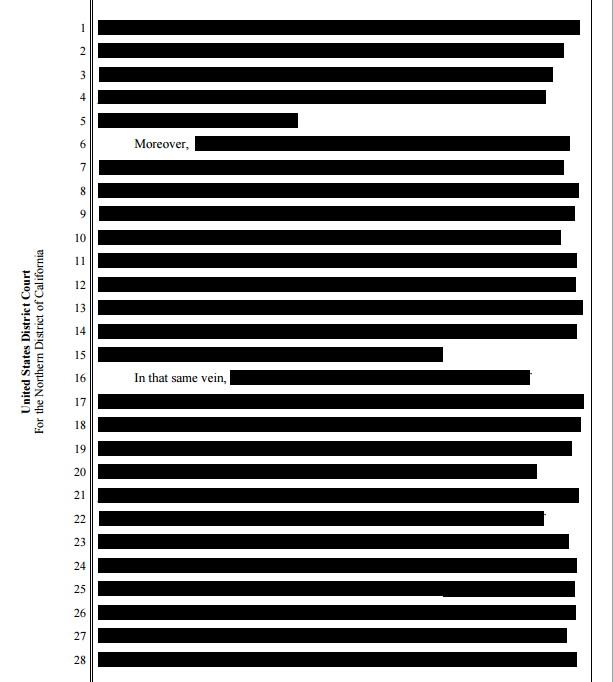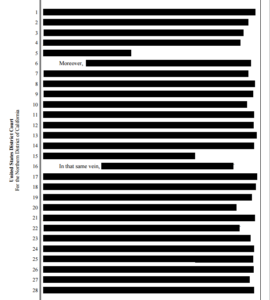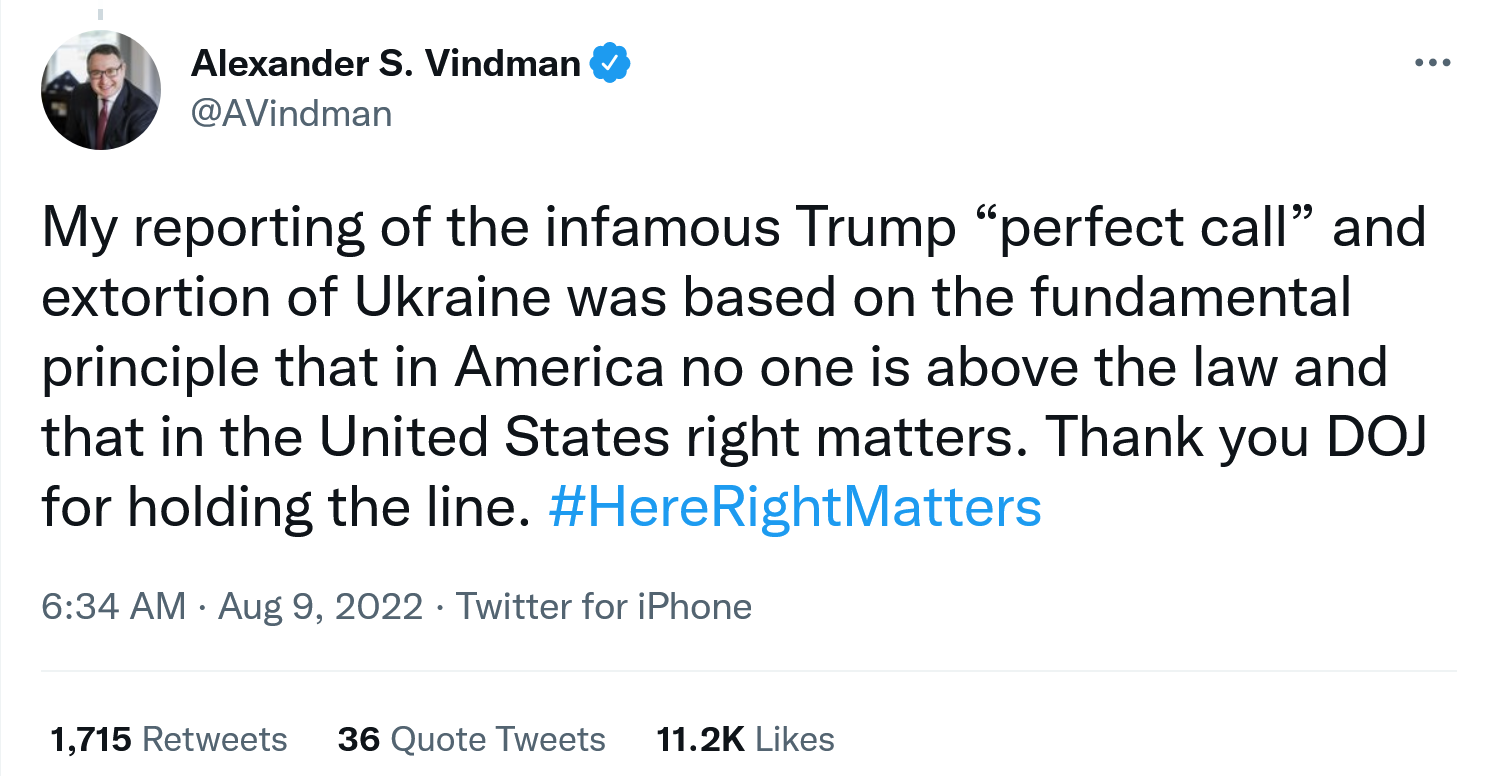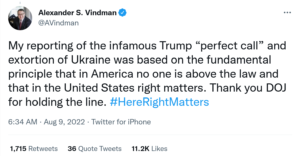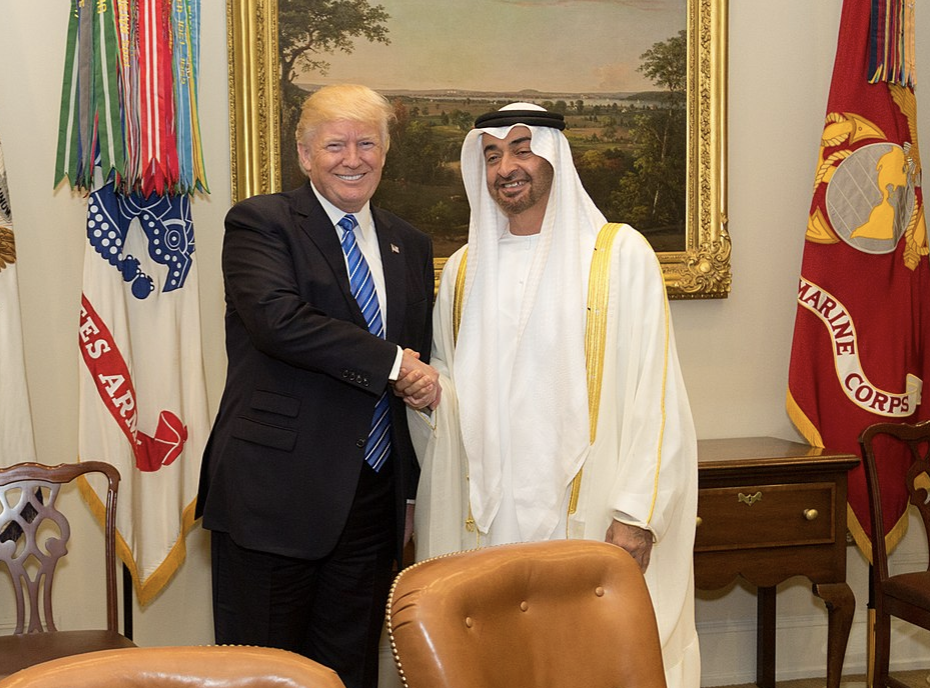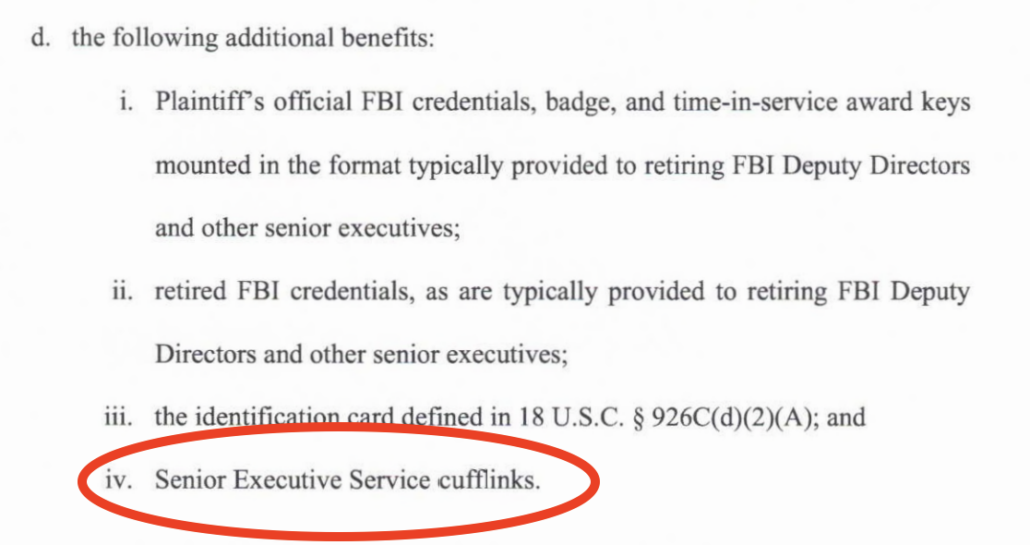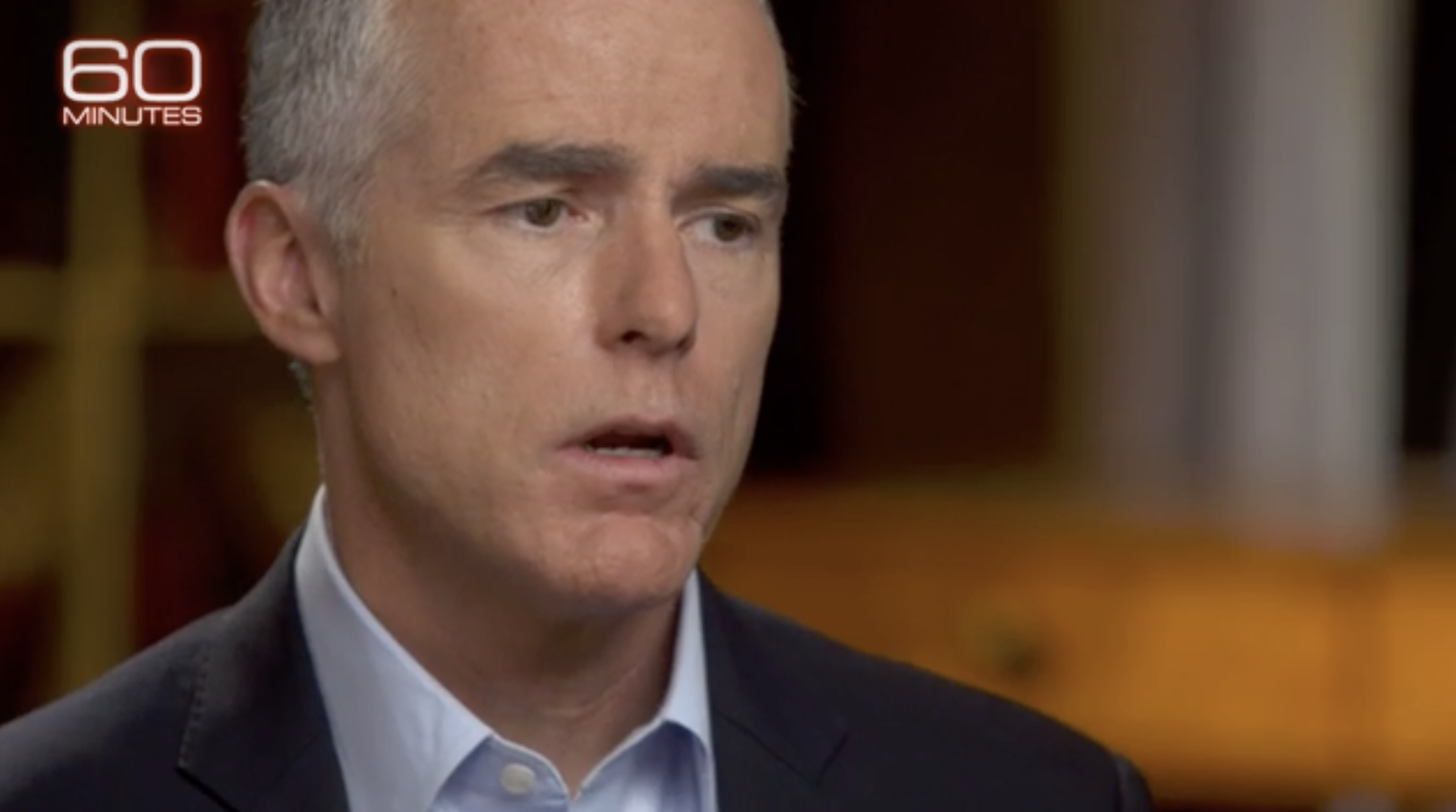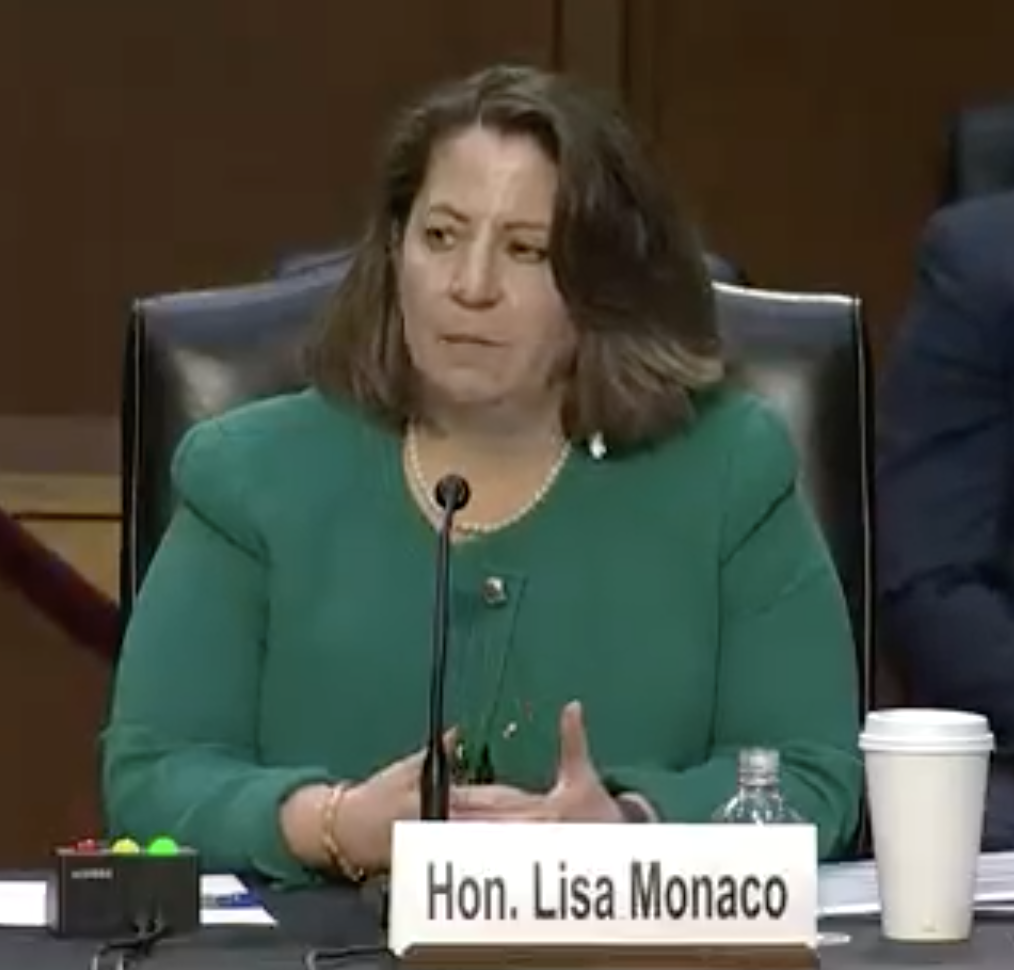What Family Rifts at Funerals can Teach Us About Pardoning Presidents
Watching the coverage of the death of Elizabeth II, two questions seem to be on a constant loop. The first is political: “How will Charles change the monarchy?” The second is personal: “Will the funeral heal the rift between Harry and William/Charles/the rest of the family?” The discussions that follow, between television anchors, reporters, and “royal watchers” have provided me with great amusement. “Oh look: Charles said something nice about Harry and Meghan in his first broadcast after the Queen’s death! Perhaps all is well again!!” The wishfulness of the discussion — “Surely the funeral of their beloved mother/grandmother will bring the family together, and they can heal from the past unpleasantness” — says much more about the hopes that these media folks have and much less about the reality of how a family torn apart acts as a family funeral approaches.
As a pastor for more than three decades, I’ve never done a royal funeral, but I’ve done plenty of regular funerals, including those of matriarchs who had presided over a divided family. Most of the time, what I’ve seen is that either (a) the family members manage to sit on their frustrations with one another for a week or so as the funeral goes forward, and then they return to their earlier fighting, or (b) the funeral intensifies the fighting, as they argue about the decisions made around the funeral itself. Occasionally, the funeral does help to begin a healing process, as folks who have not seen “those monsters” in years are now in the same room for the first time again, and they realize that these other folks aren’t the monsters they have seen them to be in the past. It doesn’t happen five minutes after the burial, but with a willingness to work on both sides, healing is possible. But it sure isn’t the magic “If only Harry and William can sit next to each other at the funeral, everything will be fixed!” that so many commentators are looking for.
Which brings me to the other crazy question I’ve seen popping up more and more often between anchors, reporters, and political pundits. This is the question posed by Chuck Todd that NBC chose to highlight as they tease the Meet The Press interview with VP Kamala Harris that airs in full tomorrow:
Let me try to go to 60,000 feet. What do you say to the argument that it would be too divisive to the country to prosecute a former president?
Earth to Chuck Todd, and anyone else who asks this question: the country *is* deeply divided already.
Giving Trump a pass to “avoid division” is like that scenario (a) at the family funeral, except you are betting that everyone can sit on their frustrations not for a week but forever. Turning the question around — “Would it be too divisive to the country to give a former president a pass for illegal behavior?” — ought to make it clear how silly both questions are.
Step One in dealing with divisions — either at a family funeral or in national politics — is admitting your family/nation is already divided.
As an interim pastor, I work with congregations whose previous pastor has left. Maybe that pastor retired, died, took a new call elsewhere, or was run out of town on a rail. One of the things I often have to help the congregation deal with is conflict, either between the old pastor and the members, or between the members themselves. Whenever I hear “Yes, we had divisions, but now that the old pastor is gone, everything is just fine now” I have to figure out how get them to pull their heads out of the sand. “What’s going to happen when you disagree with your next pastor?” I ask them, knowing that for the immediate future, I am that next pastor. “What do you have to say to the folks around here who loved that old pastor and blame you for running that pastor off?”
Within the House of Windsor, simply coming up with the right seating chart at the funeral for Elizabeth will not wash away the pain that led the Duke and Duchess of Sussex to withdraw from royal duties and decamp to the US. Similarly, pardoning Trump, either by choosing not to prosecute or by an act of President Biden, will not heal the nation either.
What *will* help both the House of Windsor and the United States is to admit that divisions already exist.
Step Two in dealing with divisions, then, is to explore that divided reality. What, specifically, does that painful divided reality look like? What are the presenting issues, that anyone can see at the surface? What are the underlying issues, that lie deeper down, at the heart of the trouble? What are the triggers, that bring all that buried pain out into the open again? How is everyone being hurt by these divisions?
Looking at all that is not easy. It requires a willingness to dig into a painful past, to admit to past bad behavior (your own as well as that of others), and to accept just how bad things have gotten for everyone involved. Until you do that, all you are doing is papering over division and pretending things aren’t that bad.
In the US, the arguments about race and the causes of the Civil War are a perfect illustration of this. So long as a non-trivial part of the country denies that the Civil War was about slavery (“it was the war of Northern Aggression, fought over state’s rights”), our country will never be able to fully deal with how race continues to divide our country today. If you don’t think racism divides our country today, please go back to step one and try again.
Only when the divided congregation or family or nation has done the hard work of examining its own ugly past are they ready to move to Step Three.
Step Three is to look at what you’d like the future to be. What would a healthy House of Windsor look like? How would members treat one another, in ways that are different than what caused the fractures in the past? What would a healthy United States of America look like? How would those with different political views treat one another, in ways that are different from what caused the fractures in the past?
Step Four, then, is to figure out how to get to that future. That’s a conversation about rules, roles, and responsibilities, with unstated assumptions put out in the open and mixed expectations clarified. It’s about crafting behavior that rebuild trust, dignity, and belonging for everyone involved.
The big lesson in all of this is that THERE IS NO SHORTCUT.
You can’t just jump to step four, without doing all the work of the other three steps. You can try, but you’re just sticking your fingers in your ears and singing “La la la – I can’t hear you.” You don’t need to take my word for this. Just look at the House of Windsor.
When the Duke and Duchess of Sussex announced they were leaving their royal roles behind, that was Step One behavior. “Our family is painfully divided.” No more smiling masks, no more pretending all is well, and no more trying to ignore the pain.
When they sat down for their interview with Oprah, that was Step Two behavior. “Here’s what happened, at least from our point of view.”
Ever since then, the royal family had various private conversations to sort things out further, including such things as whether Harry and Meghan would be part of the Platinum Jubilee celebration last summer. (The answers at that time were that they were included in small family gatherings, but not the big public ones.) Now they are having similar conversations around the Queen’s funeral and the coming coronation ceremony that will follow in a few months. This is all Step Three and Step Four behavior.
To the extent that things are getting better for the House of Windsor, it’s because they’ve been working hard at Steps One through Three, not that they simply came together magically at a funeral and jumped to Step Four.
The US political press and political actors could learn a lot from the House of Windsor. Those who worry about prosecuting a past president need to recognize that this doesn’t cause division, but is a step along the way to healing – part of the hard work of Step Two that explores the divided reality in all its painful, ugly depth. The work of the January 6 Committee in the House of Representatives is Step Two behavior, and so is the work of the DOJ to investigate possible criminal behavior of the former president and his minions.
Until we as a nation are willing to honestly look at our ugly reality, we will never heal.

